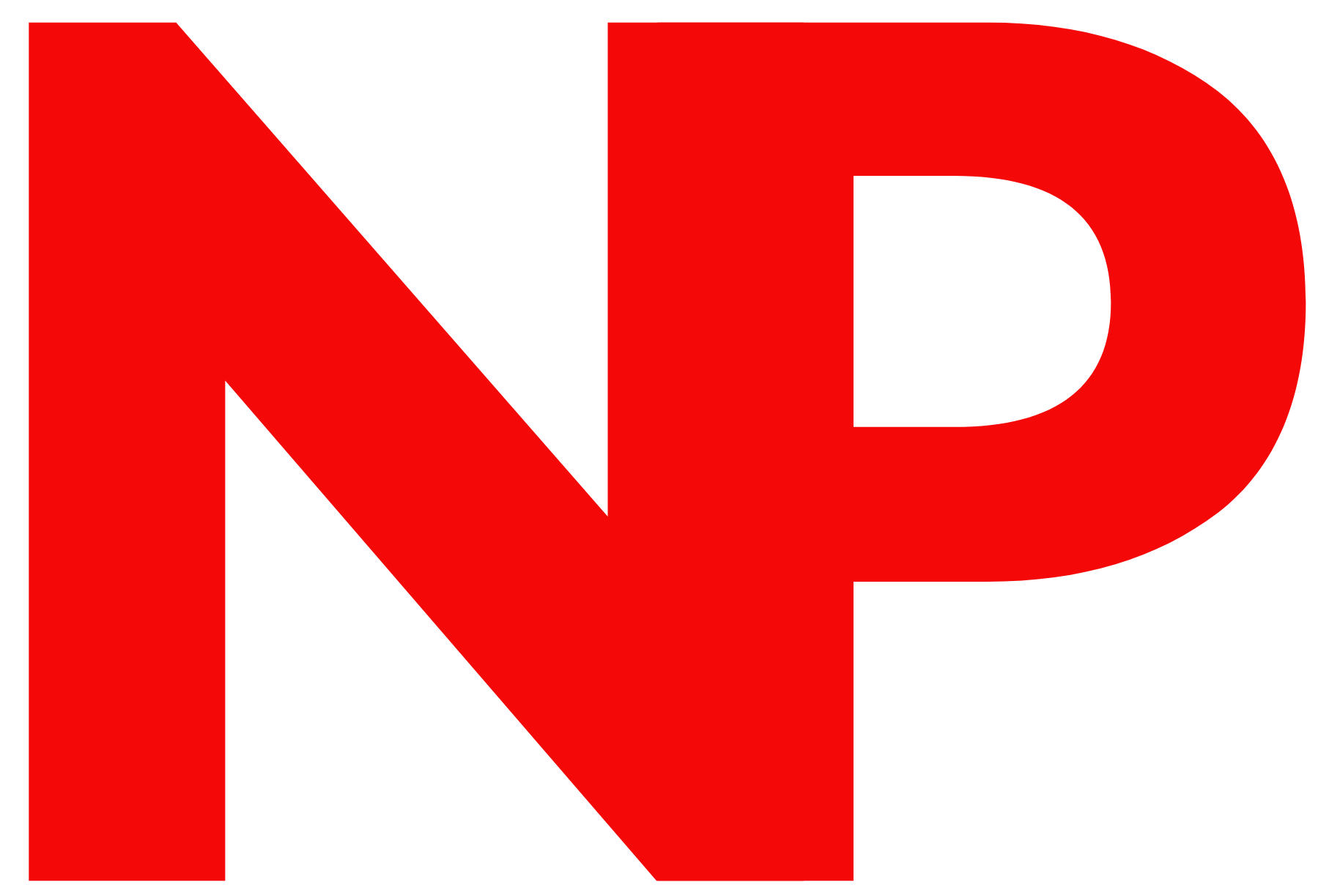The new U.S. Patent and Trademark Office guidelines have just made it clear that AI cannot play the role of an inventor, contributing a name to a patent registered in the United States. The Office is willing to consider patenting intellectual property created with the help of artificial intelligence, but it still needs human inventors to “contribute a large share” of their effort to the invention process.
More specifically, the USPTO text writes that AI-aided inventions are “not necessarily unregisterable, but invention analysis needs to focus on human contributions because patents are created to encourage and reward human creativity.” Machine algorithms can be named and thanked, not acted upon as inventors of intellectual property.
USPTO Director Kathi Vidal writes, “There needs to be a reasonable balance between patenting to protect human creativity and investing in AI research that is smart enough to support humans, not accidentally limiting future creativity.”
The U.S. Office of Inventions gives an example of the “significant contribution” of human beings to the creation of intellectual property. Or humans generate enough information to enter the AI algorithm and be seen as making a clear contribution. “And in some cases, people who design, build, or train AI systems to look at a specific problem to find a solution can also be considered inventors.”
So the U.S. will see AI as one of many tools that enable inventors to create new inventions and intellectual property.
The very controversy around whether AI could play the role of an alternative inventor to humans has arisen from a time even before ChatGPT was launched by OpenAI to people all over the world. In 2021, a court in Alexandria, Virginia, ruled that an invention can only be registered under the name of a real individual, “a natural human being.” The verdict revolves around the story of the founder of neural network technology company Imagination Engines Inc.Stephen Thaler. He said that the AI system called DABUS (Device for Autonomous Bootstrapping of Unified Sentience) created unique patterns for many products, such as cups and emergency lights.
Both the Court of Appeal and the U.S. Supreme Court retained the opinion of the Tribunal, denying Thaler’s view. He then tried to patent an AI-made product design in the UK, but was also rejected.
In August 2023, Judge Beryl A. Howell upheld the ruling of the U.S. Patent Office, saying that images created by AI could not register intellectual property rights.


